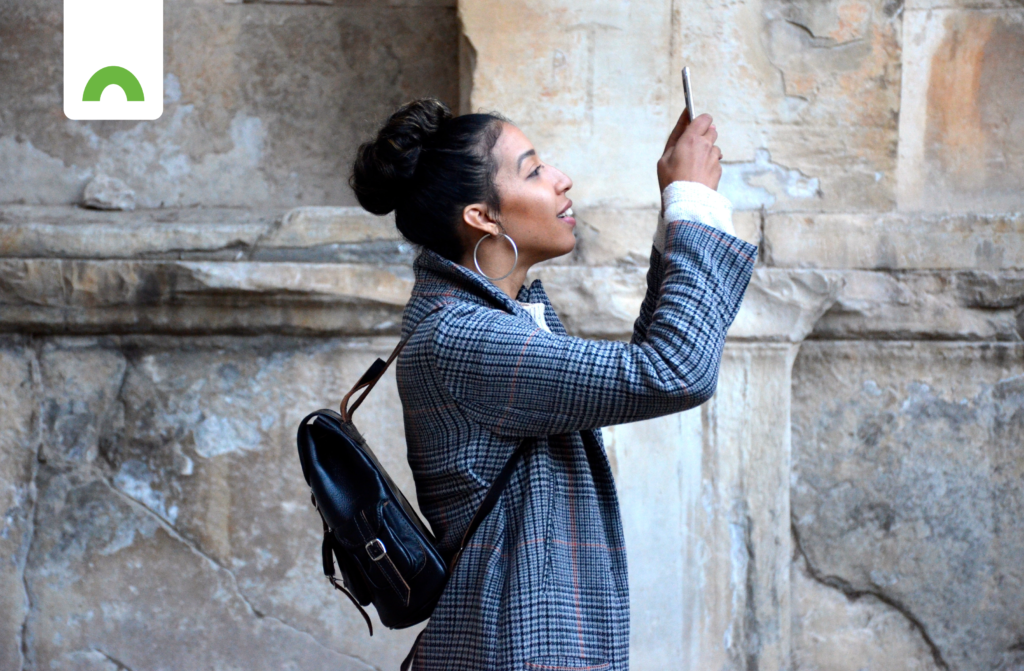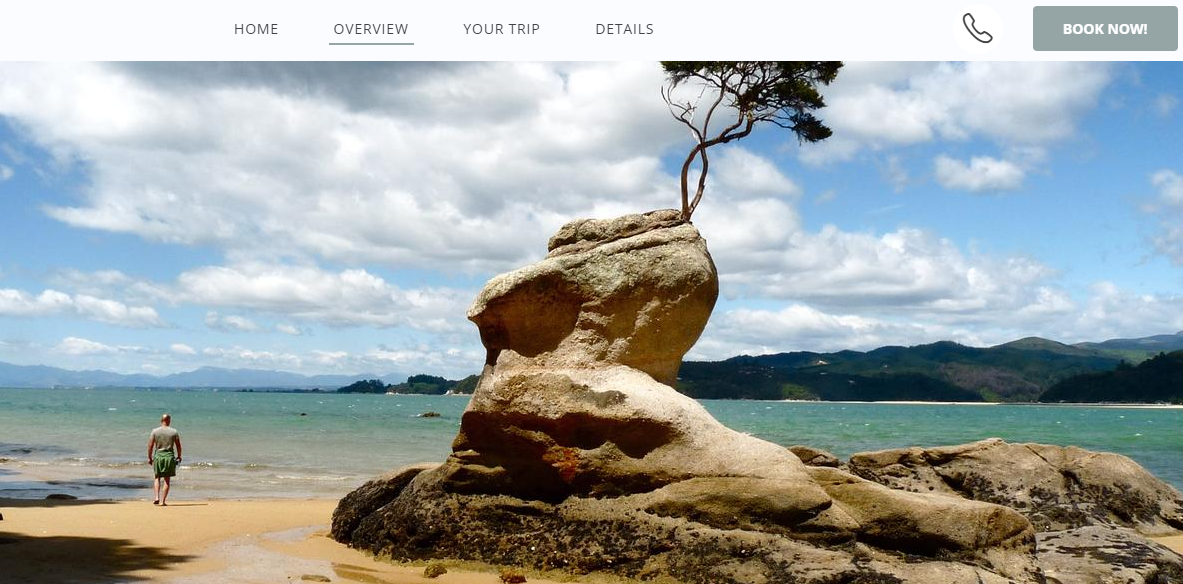Long ago, when the traveller was a pioneer, braving uncharted unknowns, they’d journal their explorations to be shared months, even years after returning home.
A grainy black-and-white photo evinced tales of adventure and wonder. That was part of the romance of travel, but everything belongs in its own time. Now is the era of the mobile device and travellers are embracing it fully.
![]() The jungle heaved with life today. The birdsong was #stupendous.
The jungle heaved with life today. The birdsong was #stupendous.
The big deal about mobile
Why care about who’s got the latest device and what it can do? Never mind the bad phone etiquette, have you seen us with our phones? In restaurants at the dinner table, in subways, on the bus, queuing at the bank, or at home in bed: we’re on our devices all the time.
Because the mobile device has graduated from luxury item of convenience (and occasional annoyance to polite company) to invaluable lifestyle management tool. And that includes travel.
85% of international travellers have some kind of mobile device (iPad, tablet, smartphone) while on the road
Frederic Gonzalo
Are you ready to surf the mobile-friendly wave? You do need it in order to position your brand as one that offers unique service benefits and convenient engagement opportunity. It’s ease, comfort, instant gratification and speedy information delivery all wrapped up in one. In a nutshell, you can empower potential clients to make decisions about travel and take appropriate action, in the process overhauling what traditionally cost a lot more time and hassle.
The definition of mobile in travel is the ability to access and take travel content anywhere, anytime.
Mobile in different stages of travel
Here’s how you can engage clients on their mobile devices at different stages of the travel journey:
Dreaming
The traveller starts with an idea from their bucket list and goes about collecting info. They will most likely use their smartphone to get travel inspiration before even planning anything. They will search online, visit social networking sites and travel websites; and read online reviews posted by other travellers.
Is your content website optimised for mobile? The story of your experience should make attractive viewing, with compelling imagery and information presented in a sleek, interactive format that displays well on any device.
Considering the time travellers spend searching for inspiration on social media, you’re missing out on huge audiences if you have no presence because your content isn’t mobile-responsive.
80% of agencies rated social media as somewhat or very successful at achieving important marketing objectives.
Sharpspring
According to a recent YouGov survey of 10,000 travellers, 75% were inspired by Facebook content and television shows, 72% by Instagram, 65% by Snapchat, 63% by Twitter, 60% by Pinterest, and 62% by films. Need we say more?
Put some time, energy and love into cultivating relationships on your chosen platforms, so that when you hit that sweet spot, a gratifying shift from engagement to conversion follows.
Planning and Booking
Your prospective client makes up their mind and goes about researching deals and packages. They compare travel brands, pretty much judging a book by its cover given what info is available online: accurate, up-to-date content gives greater peace-of-mind.
77% smartphone users say receiving points or rewards, exclusive content and special messages would have a positive impact on their brand loyalty.
Switchfly
They will want a quick response to their enquiries, and why not? They purchase nearly everything else online; so, they’ve built up certain service expectations.
Imagine a Book Now button on your mobile-responsive sales collateral… it’s the shortest distance between you and your client. Their itineraries should offer a direct contact link to their consultant. Great service is being able to click on it immediately after viewing inspiring content. Superior service is having a direct messaging extension on a digital itinerary to settle related queries without moving off the page.
Preparation and Travel
At this stage, your client needs documentation, maps and contact details for all service providers on their trip, preferably organised and easily accessible. Are your travel docs portable? In this day and age, travellers don’t want to cart around wads of paper.
They want information on sightseeing and activities in-destination, restaurants to sample… According to Tourism Research Australia, an estimated 33% of travellers use their mobile devices on holiday to find things to do and source additional information, which takes mobile from a nice-to-have to an absolute must-have.
Once they hit the road, they may want to share their travel details and experiences – for bragging rights or just to update the folks back home.
In the experience stage, 68% use their mobile devices to stay in touch with friends and family while on vacation.
Text100
What if something goes wrong during travel? A mobile messaging service could prove the easiest way to manage a crisis, because your client can alert you as it happens.
Post travel
Returning from a trip, your client will reflect: was your planning spot on? On their phones again, they browse through travel pics, recalling favourite moments, select one, write a caption, and post to social media. Imagine if they could show off their itinerary too… that’s advocacy meets re-marketing gold for you!
There’s no better brand ambassador than a satisfied client, gushing to their social networks about a trip well-travelled.
The future of travel is about empowering consumers. Mobile is a key component in nurturing your client relationships and building brand loyalty. Like earlier explorers wouldn’t be caught dead without a rifle in the jungle, travellers won’t be seen anywhere without their mobile devices.



Would you like to share your thoughts?
Your email address will not be published. Required fields are marked *